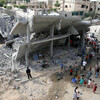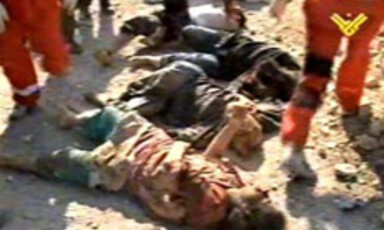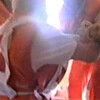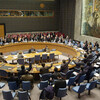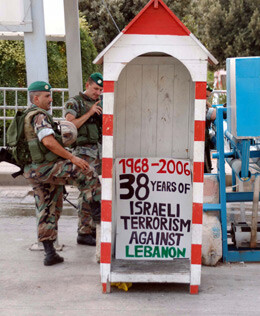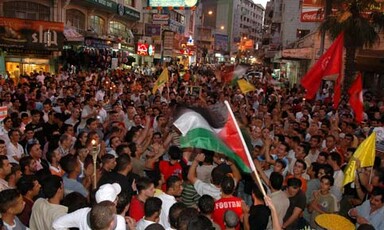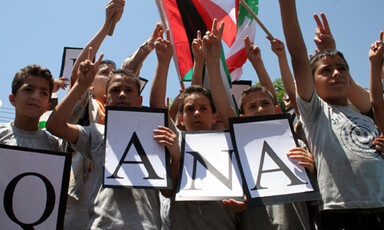
The reason they hate us lies buried in Qana
31 July 2006
The crowds in Beirut last year demanding a Cedar Revolution, “the first shoots of democracy” supposedly planted by the United States, are a distant memory. Yesterday we saw in their place the fury of Lebanon directed against the capital’s United Nations building — an early “birth pang” in Condoleeza Rice’s new Middle East If Israel wanted to widen its war, it could not have chosen a better way to achieve it than by sending its war planes back to the mixed Muslim and Christian village of Qana in south Lebanon to massacre civilians there, as if marking a morbid anniversary. A decade ago, Israeli shelling on the village killed more than 100 Lebanese civilians sheltering in a local UN post. Read more about The reason they hate us lies buried in Qana
